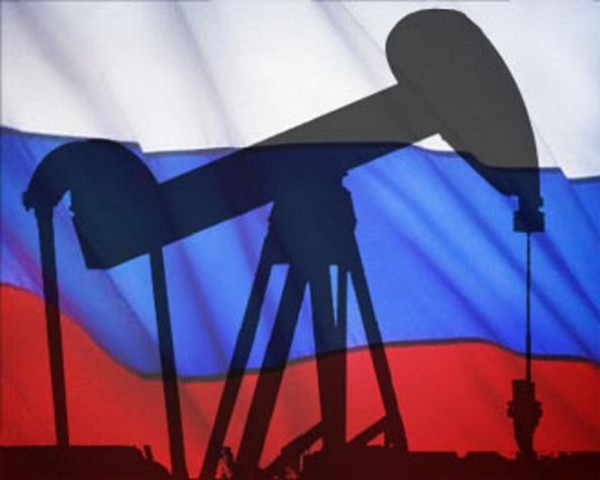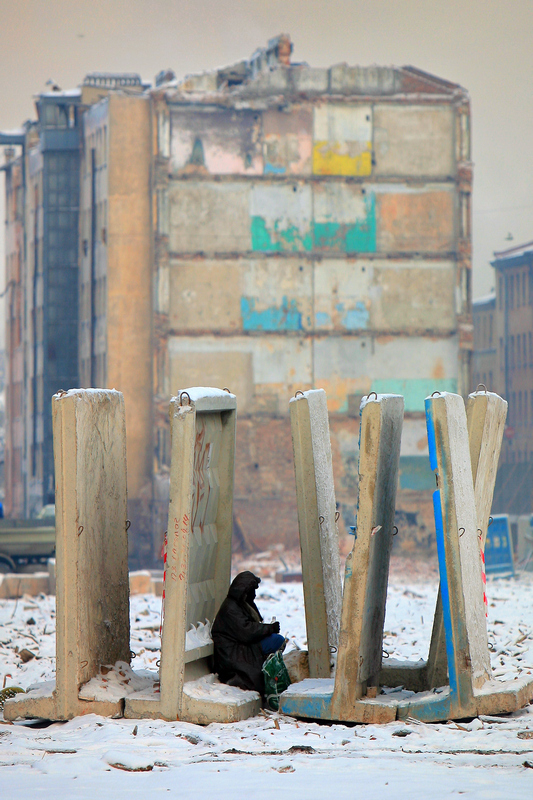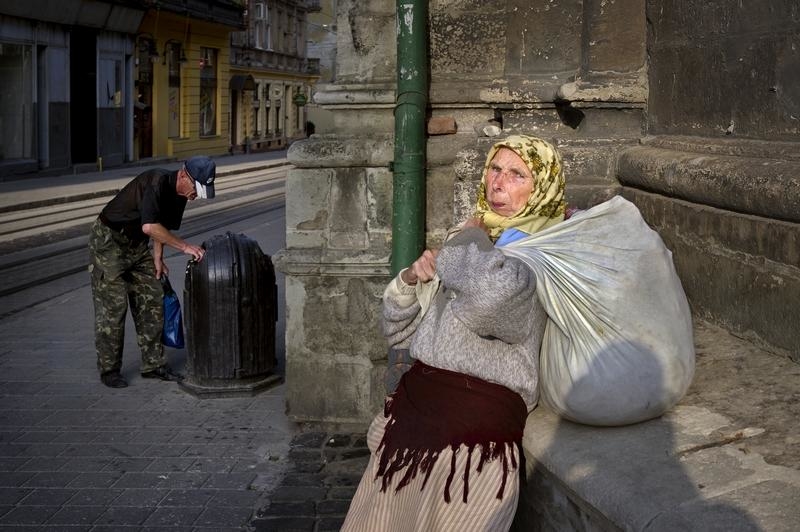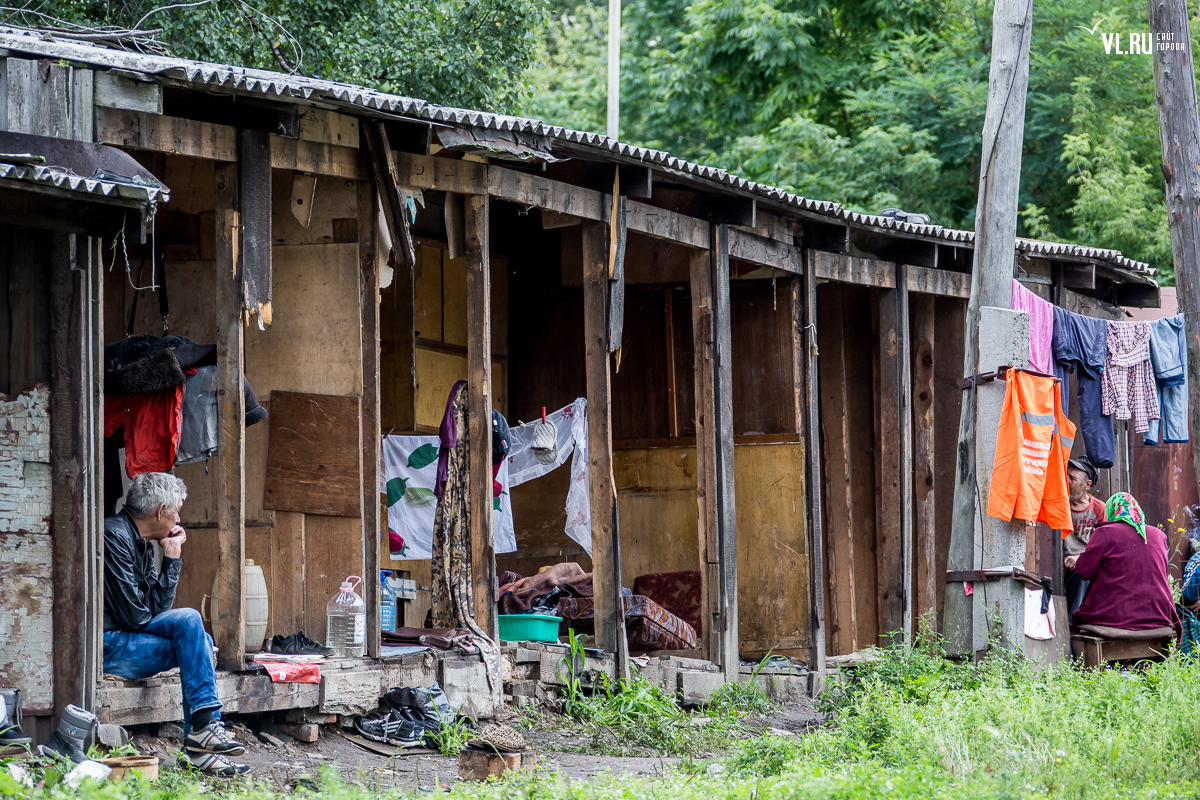Over the past year, the editors of Nezavisimaya gazeta point out, the price of oil has risen by 60 percent but Russia’s GDP and per capita incomes have continued to fall, a pattern at odds with what most expected and one that points to ever more serious problems for Moscow and Russians in the future.
For many years, Russian officials have said and Russians have generally accepted the proposition that the country’s GDP and per capita incomes are directly related to the price of oil. When it goes up, they do; when it doesn’t; they fall. But over the past year, “the price of oil rose 60 percent” but the others fell.
The average price of Urals oil in the first quarter of 2016 was 31.99 US dollars a barrel. By the first quarter of this year, it had risen 1.6 times, the editors of the Moscow paper say in a lead article today. But the Russian economy “practically did not react at all to this growth in prices” or “strictly speaking,” it reacted with “a small decline” compared to the year before.
It cites the conclusion of Andrey Klepach
, the chief economist of VneshEconomBank that
The economist notes that “judging from indirect assessments, investment activity in the start of the year again began to fall. In the first quarter, the extent of construction substantially contracted after what had been a positive dynamic in the second half of last year.” But officials at the Central Bank and the economic development ministry have claimed the opposite.
Despite the underlying trends, the paper notes, there has been a growth in consumer confidence in the first months of this year, the result of low inflation and the strengthening ruble, according to officials. “But there is another explanation,” the editors of Nezavisimaya gazeta
suggest.
And it is this: the one-time payment to pensioners of a 5000-ruble (60 US dollars) supplement in January could easily explain the small increases the government claims. But if that is the case, then, as Klepach points out, it is “still too early” to be talking about stable growth, even if oil prices are higher.
Related:
- ‘Kremlin’s greatest worry: will the siloviki shoot at the people?’ and other neglected Russian stories
- ‘Trump has betrayed Russia to escape impeachment’ and other neglected Russian stories
- US sanctions on Russia effective, don’t hurt American economy, report finds
- Three years later: Russia’s suicide by Crimea
- "Even large Russian cities are beginning to die" and other neglected Russian stories
- Putin to the Russian Far East: 'Why do you need cars? You don't have roads.'
- Russia faces massive rise in unemployment despite hiring by state security structures
- Peoples of Russia have nothing in common except loyalty to Putin, Kashin says
- Beijing ready to pump water out of Russia’s Lake Baikal for China’s domestic needs





